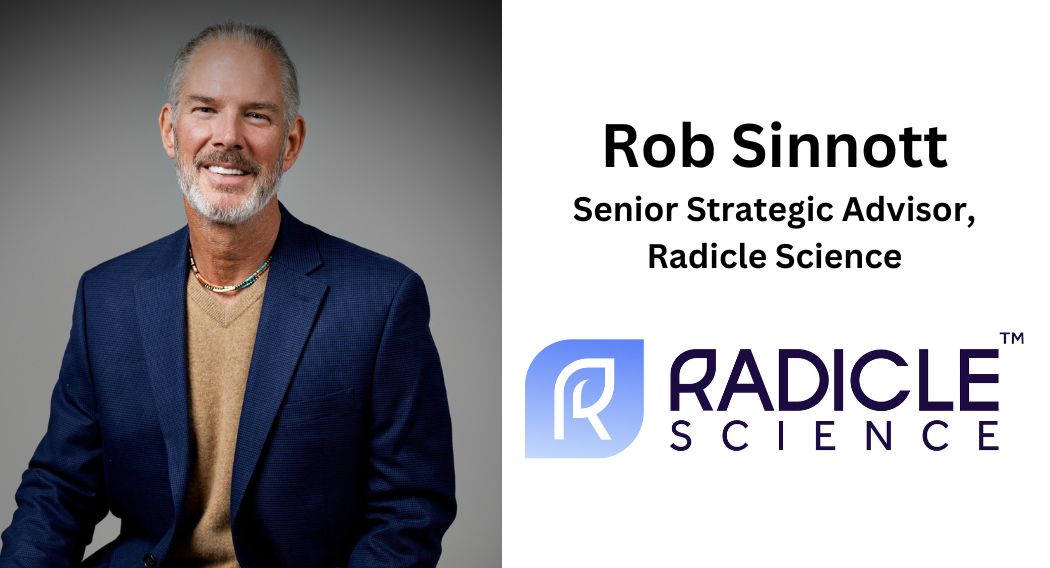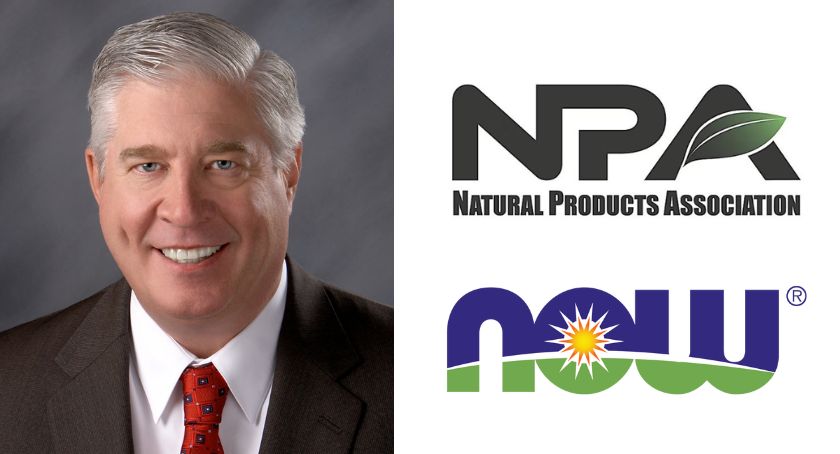Market Updates
Dietary Supplement Caucus Briefing Addresses Healthcare Cost Savings
Focus was a new report that examined four different chronic diseases and the potential for healthcare cost savings from supplement use.

By: Sean Moloughney

An educational briefing, “Smart Prevention: Health Care Cost Savings Utilizing Dietary Supplements,” was held for Capitol Hill recently by the Congressional Dietary Supplement Caucus (DSC), in cooperation with the leading trade associations representing the dietary supplement industry—the American Herbal Products Association (AHPA), the Consumer Healthcare Products Association (CHPA), the Council for Responsible Nutrition (CRN), the Natural Products Association (NPA) and the United Natural Products Alliance (UNPA).
This was the third DSC educational briefing for the 113th Congress and the 18th briefing since the DSC was formed in 2006. The focus was a new report by economic firm Frost & Sullivan that examined four different chronic diseases and the potential for healthcare cost savings when U.S. adults, 55 and older, diagnosed with these chronic diseases, used one of eight different dietary supplement regimens.
The report, “Smart Prevention—Health Care Cost Savings Resulting from the Targeted Use of Dietary Supplements,” presented by Steve Mister, president of the Council for Responsible Nutrition Foundation, which commissioned the report, demonstrated that supplementation at preventive intake levels in high-risk populations can reduce the number of medical events associated with heart disease, age-related eye disease, diabetes, and bone disease in the United States, representing the potential for significant cost savings.
“Chronic diseases are one of the greatest contributors to healthcare costs in this country,” said Mr. Mister. “If we can identify and motivate those at risk to effectively use dietary supplements, we can control rising societal health care costs, but also give sick individuals a chance to reduce the risk of costly events and, most importantly, to improve their quality of life.”
According to the Centers for Disease Control and Prevention (CDC), 75% of total healthcare expenses are spent on caring for people with preventable diseases, with only 3% spent on prevention. Between 2013 and 2020, the number of people with preventable diseases is likely to increase, as projected by the report. For instance, the number of U.S. adults over the age of 55 with coronary heart disease (CHD) is expected to rise 13%. However, if these same U.S. adults with CHD take phytosterol dietary supplements at preventive intake levels, the risk of having a CHD-related medical event can be reduced by 11.2%, saving our system $26.6 billion over the next seven years.
“This report reiterates what the dietary supplement industry has advocated for over the last several decades,” said John Shaw, executive director and CEO of NPA. “Nutritional supplements proactively contribute to the overall health and well-being of American consumers. But as we can see from this data, the benefits of supplementation are much more far-reaching, with the entire healthcare system seeing positive results from this common-sense approach to staying healthy.”
Mr. Mister added, “We urge those interested in lowering healthcare costs to listen closely because this is an opportunity for our society to start moving from sick care to smart prevention, and to reduce costs while doing so.”
The full Frost & Sullivan economic report and accompanying materials, including infographics, are available for free at www.supplementforsmartprevention.org.




















